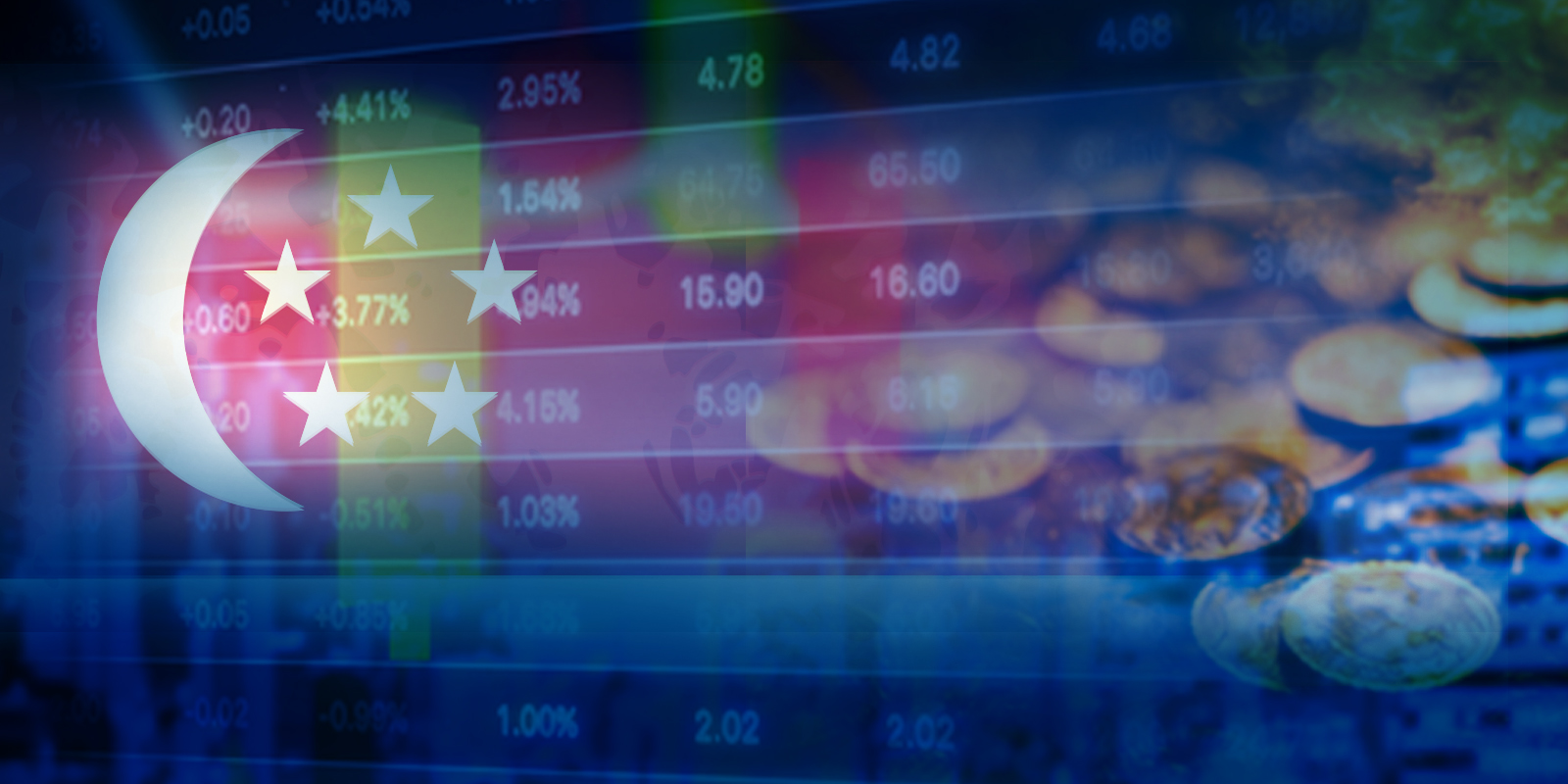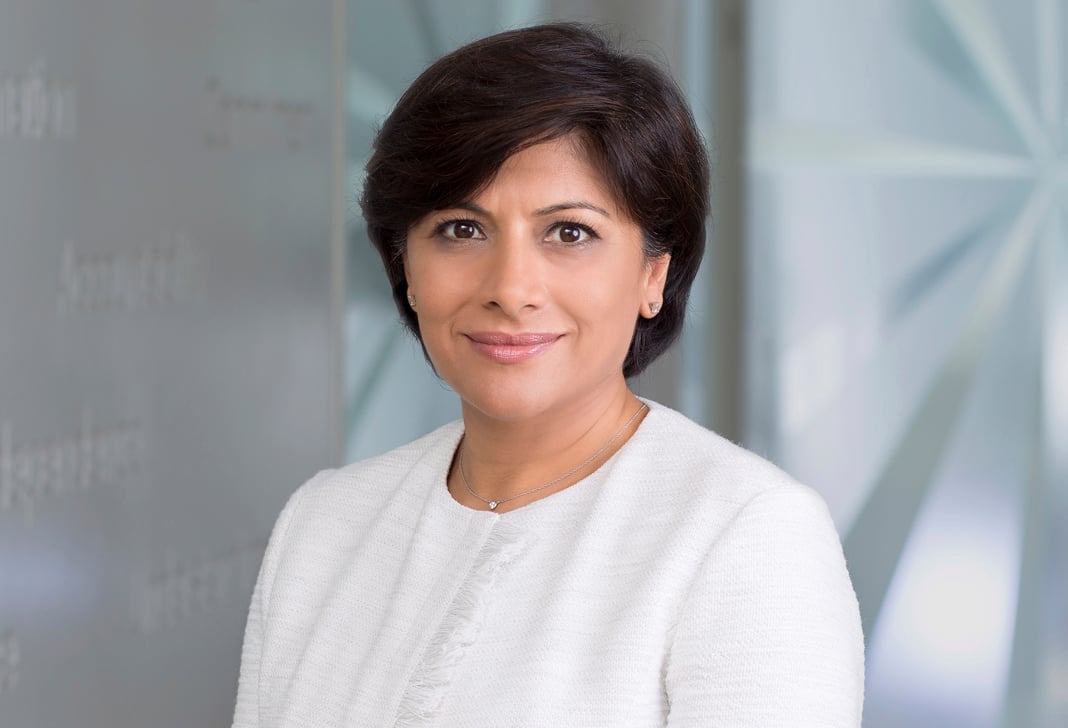
Announcement Clarifies Regulatory Position on Digital Token Offerings in Singapore
In Short
The Situation: The Monetary Authority of Singapore clarified in an August announcement that the offer or issue of digital tokens will be regulated by MAS if "the digital tokens constitute products regulated under the Securities and Futures Act."
The Result: MAS has dictated that where digital tokens fall within the definition of "securities," issuers are required to register a prospectus and are subject to licensing requirements. Trading platforms also must be approved by MAS.
Looking Ahead: MAS advises market participants—issuers, intermediaries, and trading platforms—to consult with legal advisors or MAS directly to ensure compliance with applicable regulations.
In the wake of a recent increase in the number of initial coin (or token) offerings ("ICOs") in Singapore as a means of raising funds, as well as announcements from other concerned regulators, including in the United States, the Monetary Authority of Singapore ("MAS") clarified in an announcement on August 1, 2017, that the offer or issue of digital tokens in Singapore will be regulated by MAS if "the digital tokens constitute products regulated under the Securities and Futures Act (Cap. 289) ("SFA")." See our recent Commentary, "SEC's Investigative Report Raises Difficult Questions for ICO Issuers," August 2017.
MAS has defined a "digital token" as "a cryptographically-secured representation of a token-holder's rights to receive a benefit or to perform specified functions" and has defined "a virtual currency" as "one particular type of digital token, which typically functions as a medium of exchange, a unit of account, or a store of value." MAS had previously been focused on ICOs as vulnerable to money laundering and terrorist financing ("ML/TF") risks due to the anonymous nature of the transactions and the ease with which large sums of monies may be raised in a short period of time. A media release by MAS on March 13, 2014, had communicated that while virtual currencies per se were not regulated by MAS, intermediaries in virtual currencies would be regulated for ML/TF risks. MAS has now indicated that it is assessing how to regulate ML/TF risks associated with activities involving digital tokens that do not function solely as virtual currencies.
MAS's position of not regulating virtual currencies is similar to that of most jurisdictions currently, but it observed that the function of digital tokens has evolved beyond just being a virtual currency. For example, "digital tokens may represent ownership or a security interest over an issuer's assets or property," and as a result, "[s]uch tokens may therefore be considered an offer of shares or units in a collective investment scheme under the SFA. Digital tokens may also represent a debt owed by an issuer and be considered a debenture under the SFA."
While not prohibiting or placing any specific restrictions on the possibility of companies raising funds through ICOs, MAS stated in its announcement that where digital tokens fall within the definition of "securities" in the SFA:
issuers of such tokens would be required to lodge and register a prospectus with MAS prior to the offer of such tokens, unless exempted. Issuers or intermediaries of such tokens would also be subject to licensing requirements under the SFA and Financial Advisers Act (Cap. 110), unless exempted, and the applicable requirements on anti-money laundering and countering the financing of terrorism. In addition, platforms facilitating secondary trading of such tokens would also have to be approved or recognized by MAS as an approved exchange or recognized market operator respectively under the SFA.
Finally, MAS declined to make any definitive conclusions on specific ICOs, stating "[t]he types of digital tokens offered in Singapore and elsewhere vary widely. Some offers may be subject to the SFA while others may not be." MAS's statements do not provide any further guidance to those who have previously conducted ICOs or facilitated secondary coin markets, nor give any safe harbors for those contemplating such activities. However, MAS does state that "[a]ll issuers of digital tokens, intermediaries facilitating or advising on an offer of digital tokens, and platforms facilitating trading in digital tokens should therefore seek independent legal advice to ensure they comply with all applicable laws, and consult MAS where appropriate."
Two Key Takeaways
- MAS has defined a "digital token" as "a cryptographically-secured representation of a token-holder's rights to receive a benefit or to perform specified functions" and has defined "a virtual currency" as "one particular type of digital token, which typically functions as a medium of exchange, a unit of account, or a store of value."
- MAS declined to make any definitive conclusions on specific ICOs regarding whether they are subject to Securities and Futures Act provisions.
Lawyer Contacts
For further information, please contact your principal Firm representative or one of the lawyers listed below. General email messages may be sent using our "Contact Us" form, which can be found at www.jonesday.com/contactus/.
Jeffrey M. Maddox
Singapore
+65.6233.6453
jmaddox@jonesday.com
Sushma Jobanputra
Singapore
+65.6233.5989
sjobanputra@jonesday.com
Jones Day publications should not be construed as legal advice on any specific facts or circumstances. The contents are intended for general information purposes only and may not be quoted or referred to in any other publication or proceeding without the prior written consent of the Firm, to be given or withheld at our discretion. To request reprint permission for any of our publications, please use our "Contact Us" form, which can be found on our website at www.jonesday.com. The mailing of this publication is not intended to create, and receipt of it does not constitute, an attorney-client relationship. The views set forth herein are the personal views of the authors and do not necessarily reflect those of the Firm.


